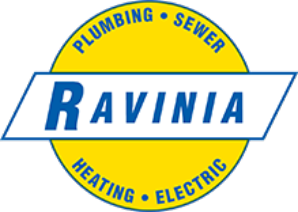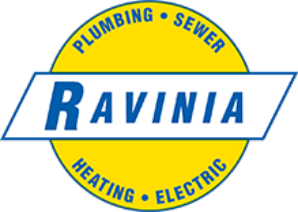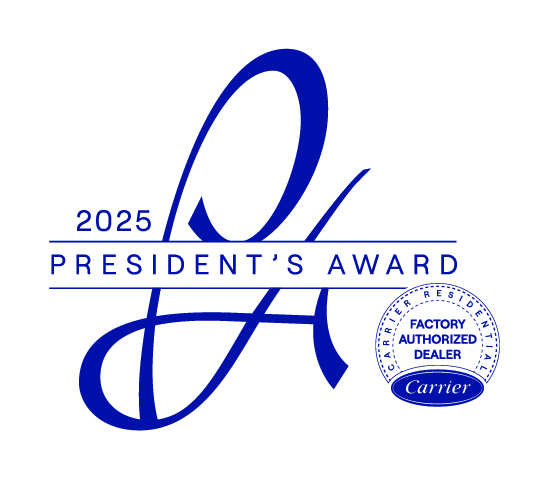
If you think the Lake Michigan water coming out of your faucets is too hard (and many people do, considering that it is rated medium-hard), here are some tips on buying water softeners.
There are four different types of water softeners:
- Salt-based ion exchange softeners are the most popular. These units remove the hard minerals contained in water and substitute them with salt.
- Salt-free water softeners use a potassium-chloride mix instead of salt.
- Dual-tank water softeners have two resin tanks, so one tank can be used while the other one is recharging.
- Magnetic water softeners – or descalers – set up a magnetic field that changes the electromagnet properties of the minerals so they are repelled by pipes and each other.
Here are some other factors to consider when purchasing a water softener.
- Size. By size, we don’t mean physical size; we mean the unit’s ability to remove grains of “hardness” from the water. You’ll want a unit that can go three days without needing to be recharged. There is a simple equation you can use to determine size.
- Multiply the number of people in your house by 75 (the average number of gallons used per person per day)
- Multiply that number by the GPGs (grains per gallon) contained in your water
- For example, if there are four people in your house, multiply that by 75. So 4 x 75 = 300. Then assume six GPGs of hardness. So 6 x 300 = 1,800. Your unit should be able to remove 1,800 grains of hardness a day
- Controls. There are two main types of controls:
- Timer controls are clocks or electronic timers that automatically recharge the unit at a preset time and day, based on your average usage. However, these can be problematic if you have a day where you use a lot more water – say if you are having company or overnight guests. Also these types of controls can waste sodium and water because they regenerate even if recharging is not necessary.
- Demand-initiated regeneration (DIR) controls are more sophisticated. They sense when the resin needs recharging so the unit only charges when necessary.
- Buy or lease? Buying a water softener can be expensive…up to $2,500 or more. Plus you will also pay about $150 per year for materials. You can lease water softeners for as little as $15 per month or as much as $50 per month. So the key questions to consider are how fancy of a softener you want, and how long you plan on using it. Obviously, if you plan on staying in your home a long time, buying might make sense. If you buy, get at least three quotes, and check the warranty.
- Certification. NSF International tests and certifies water softeners. The Water Quality Association also certifies equipment, so look for the WQA Gold Seal.




